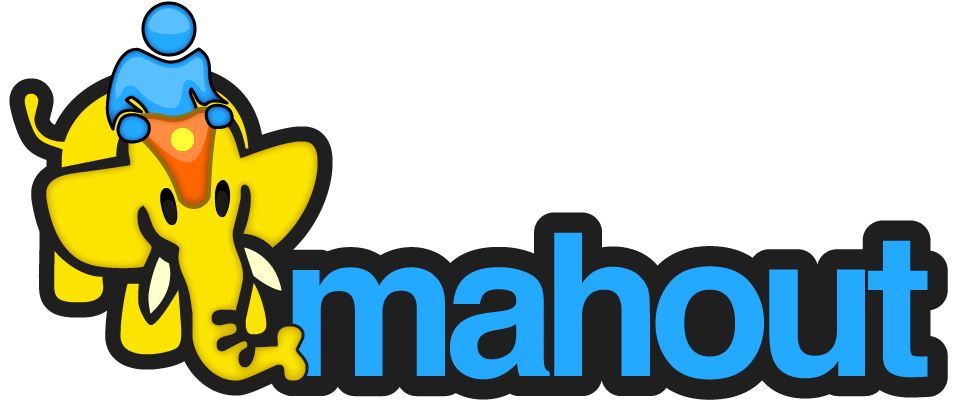MAGA movement on the blockchain. The collaboration between AI and Blockchain forms a robust alliance that tackles data security, transparency, and efficiency issues.Learn More»
CA: 0x5a446b57431c94bd931c4e876ca227bbe6553f6d
3
0.00%
33.66

Help for wherever you are on your MAGA journey.
MAGA intends to establish a robust presence in the DeFi market by offering exceptional use cases. The company offers diverse DeFi offerings that distinguish it from other DeFi cryptocurrency projects.
MAGA is an advanced Artificial Intelligence (AI) model created to help with anything related to cryptocurrency and blockchain. Its functionality is based on the fundamental ideas of GPT, which must be understood in order to grasp how it works and what it can do.
MAGA is powered by GPT-4 language models that can be triggered to execute natural language processes with the assistance of accurately constructed text prompts. However, these models can create outcomes that are false, toxic, or reflect bad sentiments.
MAGA Draw inherits the best practices from Dall-E 2 and Latent Diffusion while introducing some new ideas. It uses the CLIP model as the text and image encoder and employs a diffusion image prior (mapping) between the CLIP modalities' latent spaces.
MAGA roadmap outlines the team's future aims and objectives for creating and using its Advanced AI model, AI-based utility products, layer-2 blockchain, and ecosystem of DApps and utilities.
MAGA AI intends to promptly establish a robust presence in the DeFi market by offering exceptional use cases.
At its core, a Large Language Model (LLM) is a machine learning model trained on vast amounts of text data. The "large" in its name refers to the enormity of its architecture and the vastness of training data it consumes. These models learn patterns, nuances, and complexities of the languages they're trained on, allowing them to generate human-like text based on the patterns they've observed.
Text-to-image models, commonly known as TTIMs, represent an innovative intersection of natural language processing and computer vision in artificial intelligence. TTIMs take descriptive text as input and generate a corresponding visual representation or image.
MAGA uses NLP algorithms to understand, process input, and generate relevant answers. Natural language processing is a fundamental building block for establishing human-grade communication models. It is a system for interpreting arbitrary/abstract text/speech inputs that do not lend themselves to uniform structures to produce relevant outputs.
Machine learning is the field of knowledge upon which modern artificial intelligence systems are built. As the name might have hinted, machine learning is, at its core, the construction of methods in which computers can recursively educate and advance their comprehension of certain subjects.
MAGA Draw CLIP model and diffusion image prior between latent spaces of CLIP modalities. This technique improves the model's visual output and allows for combinations of images and modifications of images through text.









TensorFlow is an open-source software library for machine learning and artificial intelligence. It can be used across a range of tasks but has a particular focus on training and inference of deep neural networks.

Apache Mahout is a project of the Apache Software Foundation to produce implementations of distributed or otherwise scalable machine learning algorithms focused primarily on linear algebra.

KNIME, the Konstanz Information Miner, is an open-source data analytics, reporting and integration platform. KNIME integrates various components for machine learning and data mining through its modular data pipelining Building Blocks of Analytics concept.

Keras is an open-source library that provides a Python interface for artificial neural networks. Keras acts as an interface for the TensorFlow library. Keras follows best practices for reducing cognitive load.

NumPy is a library for the Python programming language, adding support for large, multi-dimensional arrays and matrices.

Scikit-learn is a free software machine learning library for the Python programming language. It features various classification, regression and clustering algorithms including support-vector machines.
